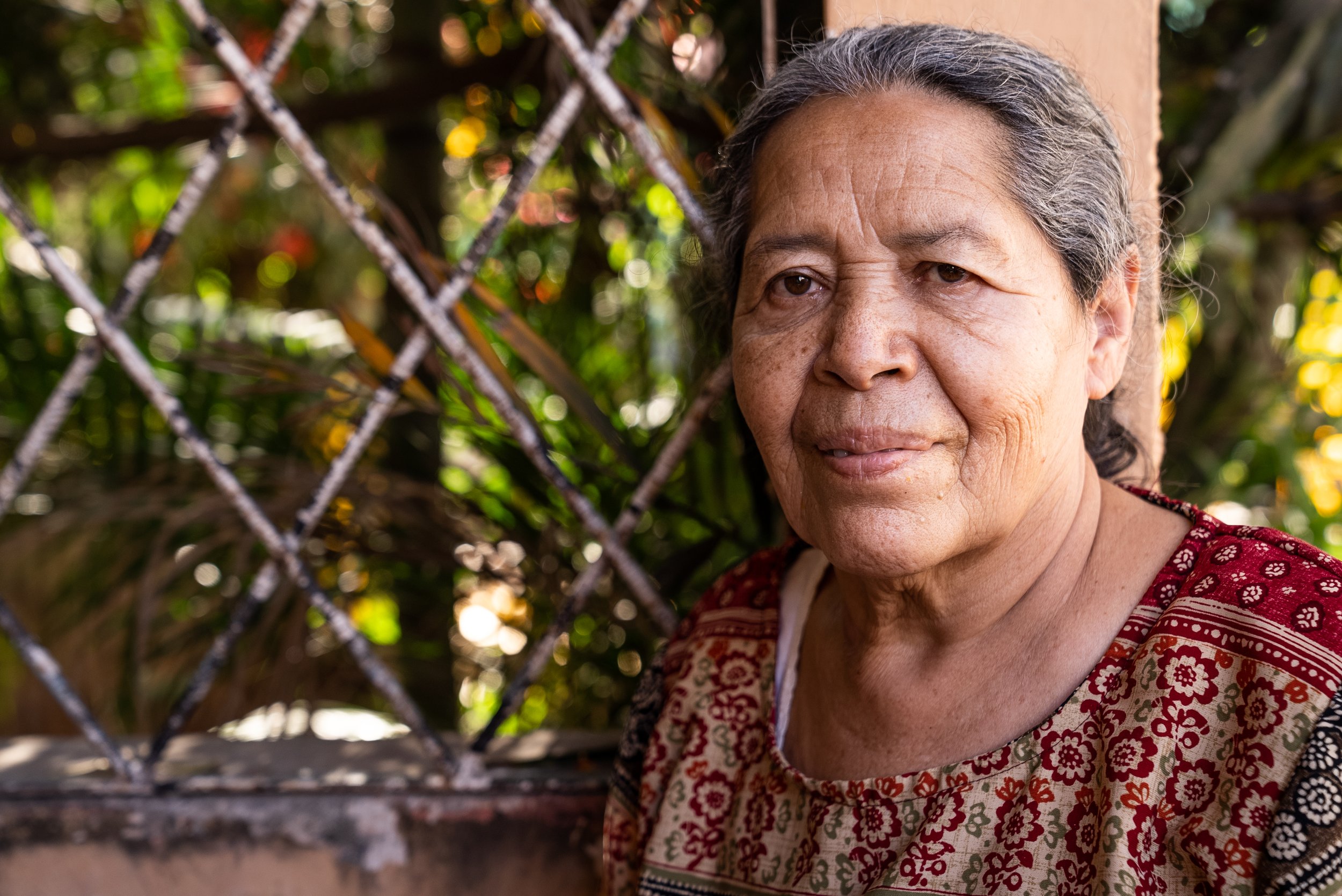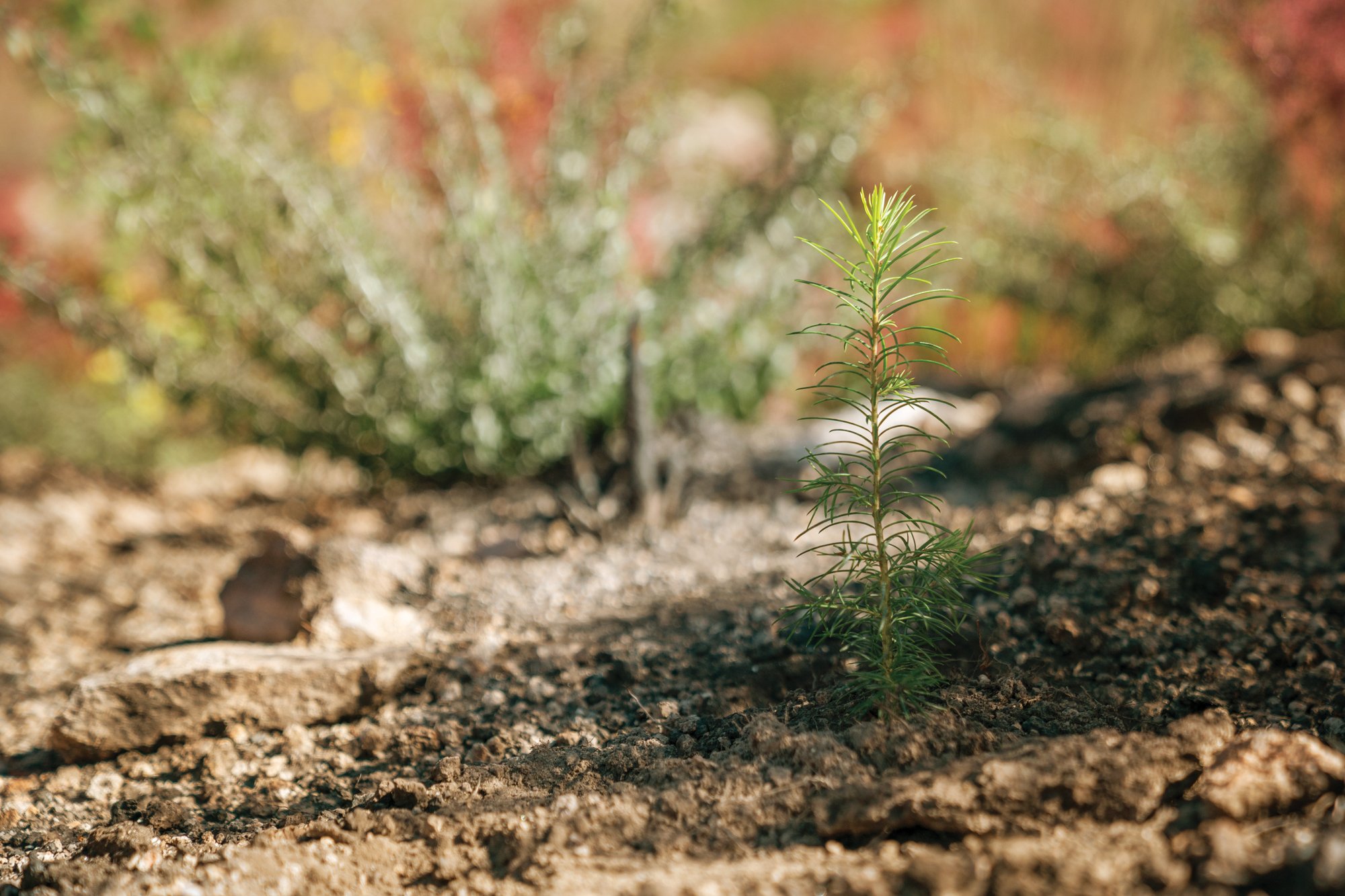
CARBON OFFSET
Trees, Water & People Carbon Offset Program
Projects: Justa Cookstove Project
Background
A third of the global population cooks their food with solid fuels like firewood, charcoal, or animal dung, exposing women daily to hazardous emissions. The World Health Organization estimates that there are 4.1 million premature deaths per year due to respiratory conditions caused by indoor cooking.
In Central America alone, almost 20 million people cook with firewood daily, a leading factor in exposing women and their families to household air pollution (HAP).
Since 1998, Trees, Water & People has been working with local partners and community members in Guatemala, El Salvador and Honduras to design clean cookstoves that reduce HAP, deforestation, and fuel expenditures. We design, manufacture, and distribute our stoves in-country, creating jobs for rural tradespeople and employment for local small manufacturers.
We named our cookstove the Justa stove after Justa Nuñez - the woman who helped design it.
Each Justa cookstove installed decreases a family's need for firewood by 50-70% compared to standard open-fire cooking and reduces carbon emissions by at least 3 metric tons annually. Our clean cookstove program is unique because we build all our stoves in-country, using locally sourced materials and locally appropriate design features that result in high levels of adoption.
Environmental Impacts of Cooking with Firewood
Burning wood fuels accounts for 1.9 - 2.3% of global emissions.
More than half of black carbon emissions globally stem from incomplete combustion of household fuel, leading to unhealthy levels of exposure.
The deposition of black carbon in the Arctic absorbs solar radiation in the atmosphere, causing glacial ice to melt more rapidly (Young et al., 2022).
Two-thirds of fuelwood trees harvested in Central America never grow back, causing lasting impacts on forest health and global climate.
Benefits of the Justa Stove
The Justa stove reduces black carbon emissions in the kitchen by 76% compared to conventional cooking methods.
Through local partnerships, TWP trains local tradespeople, ⅓ of them women, to manufacture and install the stove, leading to women’s economic empowerment.
Women and children are exposed to significantly lower HAP concentrations when cooking, reducing self-reported vision and respiratory health symptoms.
Reducing firewood consumption directly impacts forest health, protecting biodiversity, water sources, and soil integrity.
Gift of a Stove
A $100 cookstove can completely revitalize a family's home and improve their standard of living.
Become an Offset Partner
TWP can work with your business to offset elements of your company's emissions with Justa stoves.
Calculate your carbon footprint
Our calculator provides a simple way to estimate your family’s emissions, and offset them with Justa stoves.
FAQ’s
-
Human activities directly add carbon dioxide and other Greenhouse Gases (GHG) to the atmosphere. Carbon avoidance projects curb emissions from human activities by preventing them from being produced or entering the atmosphere altogether.
-
GHGs are the seven gases covered by the Kyoto Protocol: carbon dioxide (CO2), methane (CH4), nitrous oxide (N2O), hydrofluorocarbons (HFCs), perfluorocarbons (PFCs), sulfur hexafluoride (SF6), and nitrogen trifluoride (NF3) (Russell, n.d.).
-
One offset credit represents 1 metric tonne of CO2 equivalent not emitted into the atmosphere. It represents the reduction, removal, or avoidance of GHG emissions from a specific project that is used to compensate for GHG emissions occurring elsewhere.
-
Deforestation leads to a release of carbon into the atmosphere and additional emissions when wood is burned for energy. Reducing the amount of firewood consumed for cooking prevents those emissions from being generated and preserves forest health.
-
Offsets are most widely used by companies that have set emissions reduction targets, and they have become an increasingly popular way to address emissions resulting from actions over which the company has no direct control (i.e. supplier emissions or product usage by consumers).
-
An offset credit is an emission reduction quantified against a baseline scenario (a.k.a. “business as usual”). The offset is generated when a modified activity produces fewer emissions than the baseline scenario. In our case, a TWP Justa stove reduces the emissions that would have been created with a traditional open fire stove.
-
Carbon offset projects have immediate benefits beyond their greenhouse gas reductions; referred to as co-benefits. Co-benefits from cookstove projects include reduced exposure to smoke inside the household, improved family health and self-esteem, reduced expenditures on firewood, reduced time collecting firewood, reduced black carbon emissions into the atmosphere, and healthier forests.
-
No. The underlying principle behind quality offset projects is called additionality—if a change in practice or a carbon reduction would have happened regardless, due to regulation or in the course of business as usual, no offset is created. In this way, carbon markets ensure they are incentivizing, rather than simply rewarding, practices that reduce carbon emissions.







